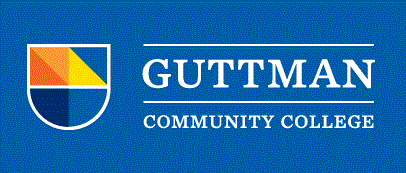
Publications and Research
Document Type
Article
Publication Date
Spring 2012
Abstract
This article describes the need for more thorough and varied forms of assessment to evaluate students’ level of understanding in mathematics. Portfolios are one type of assessment tool that, when added to a teacher’s repertoire can improve students’ comprehension and retention and enable students to monitor their own progress and to take more responsibility for their own learning. Portfolio assignments can also help students and teachers to detect and remedy weaknesses and misunderstandings and can increase students’ self-confidence in mathematics. This article discusses what a portfolio is, gives an example of a unit portfolio used in an undergraduate Finite Mathematics course to assess students understanding of Venn diagrams, describes the benefits and challenges of using unit portfolios, and discusses how teachers can evaluate portfolios with a rubric. By providing practical advice, this article can be used as a framework for teachers who have the desire to incorporate portfolio assignments, in addition to more traditional tools of assessment, at the undergraduate or K–12 grade levels.
Included in
Curriculum and Instruction Commons, Educational Methods Commons, Higher Education and Teaching Commons, Other Mathematics Commons, Other Teacher Education and Professional Development Commons, Science and Mathematics Education Commons, Secondary Education Commons, Secondary Education and Teaching Commons


Comments
This work was originally published in Journal of Mathematics Education at Teachers College.